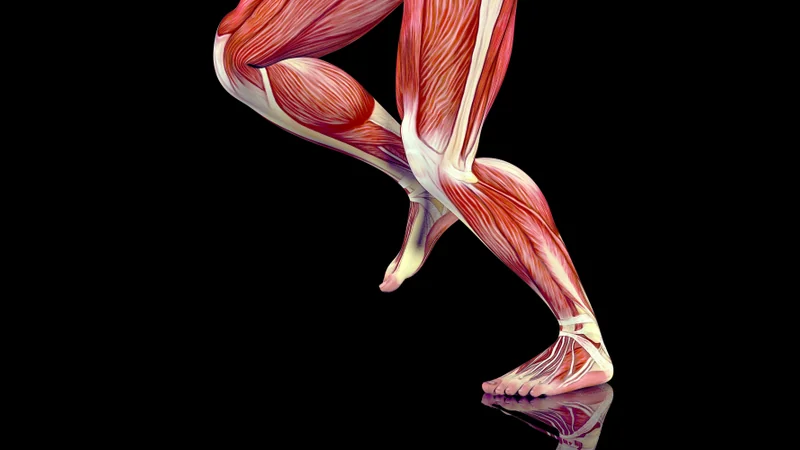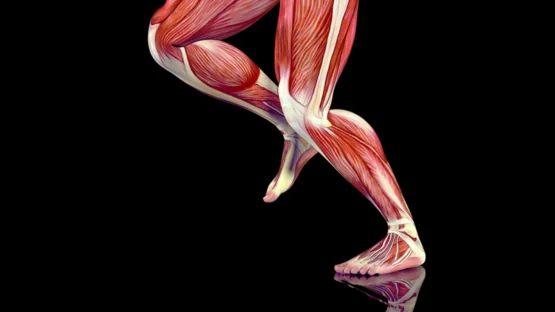A study published in the Journal of the American Medical Association has examined the dosage and safety of a urolithin A supplement [1]. This study also examined urolithin A‘s effect on muscle endurance and specific health biomarkers.
A randomized, controlled clinical trial
This study is a follow-up to prior work done by the Amazentis company, with collaborators at the University of Washington Medical center and the Red Hutchinson Cancer Research center in Seattle [2]. This placebo-controlled, double-blinded study examined 50 women and 16 men ranging in age from 65 to 90. All of the participants identified as White, and all of them could perform daily activities without assistance.
Participants took four gel caps, totaling 1000 milligrams of urolithin A (Mitopure®), in the morning on an empty stomach with 1 cup of water between March 2018 to July 2020. 15 individuals in the placebo group and 16 in the urolithin A group reported adverse events, but none were medically serious.
Improvements in function
120 days into this study, the placebo and urolithin A groups walked the same distance on a flat and hard surface in six minutes; however, both groups had significantly improved in this regard during that time. At month two, the urolithin A group enjoyed significant improvements in hand and leg skeletal muscles compared to placebo, and this improvement in the urolithin A group was further increased at month four.
Biomarker improvements
The researchers investigated whether taking urolithin A improved mitochondrial capacity in aged skeletal muscle. They did this by measuring maximal ATP production via magnetic resonance spectroscopy (MRS) and by examining the recovery rate of phosphocreatine. From baseline to 4 months, there was no significant difference in the maximal ATP production of skeletal muscles in the hand and leg.
In the urolithin A group, higher levels of urolithin A and its conjugate, urolithin A glucuronide, were detected 4 months after supplementation began. At two and four months, the urolithin A group also had significant reductions in several acylcarnitines and ceramides, which, in this study, represented improved mitochondrial function and decreased inflammation, respectively. Inflammation was directly examined by measuring the ratio of plasma levels of C-reactive protein from the start of the study to 4 months. The urolithin A group had significant reductions in plasma C-reactive protein during this time, but the placebo group did not.
There were no other significant differences between the placebo and urolithin A groups regarding blood chemistry parameters, vital signs, urinalysis, and hematology.
Conclusion
This study was limited in several ways. Daily physical activity was not monitored in this study, the participants were demographically homogenous, and the 6-minute walking distance did not differ between the two groups. The researchers suspect that this may be due to the study motivating some individuals to exercise. They suggest that future studies should have longer intervention times than 6 months, track daily physical activity, and select participants with reduced physical performance.
This study was funded by Amazentis, and the authors disclosed many conflicts of interest. Nevertheless, these results still provide pioneering insight on urolithin A supplement tolerability, and the results of this study suggest that it may be a promising approach to combat age-associated muscle decline. More research studies with larger sample sizes and a wider variety of participants are needed to confirm these results.
Disclaimer
This article is only a very brief summary. It is not intended as an exhaustive guide and is based on the interpretation of research data, which is speculative by nature. This article is not a substitute for consulting your physician about which supplements may or may not be right for you. We do not endorse supplement use or any product or supplement vendor, and all discussion here is for scientific interest.
Literature
[1] Liu, S., D’Amico, D., Shankland, E., Bhayana, S., Garcia, J. M., Aebischer, P., Rinsch, C., Singh, A., & Marcinek, D. J. (2022). Effect of Urolithin A Supplementation on Muscle Endurance and Mitochondrial Health in Older Adults: A Randomized Clinical Trial. JAMA network open, 5(1), e2144279. https://doi.org/10.1001/jamanetworkopen.2021.44279
[2] Singh, Anurag, D’Amico, D., Andreux, P. A., Dunngalvin, G., Kern, T., Blanco-Bose, W., … Rinsch, C. (2021). Direct supplementation with Urolithin A overcomes limitations of dietary exposure and gut microbiome variability in healthy adults to achieve consistent levels across the population. European Journal of Clinical Nutrition. https://doi.org/10.1038/s41430-021-00950-1



